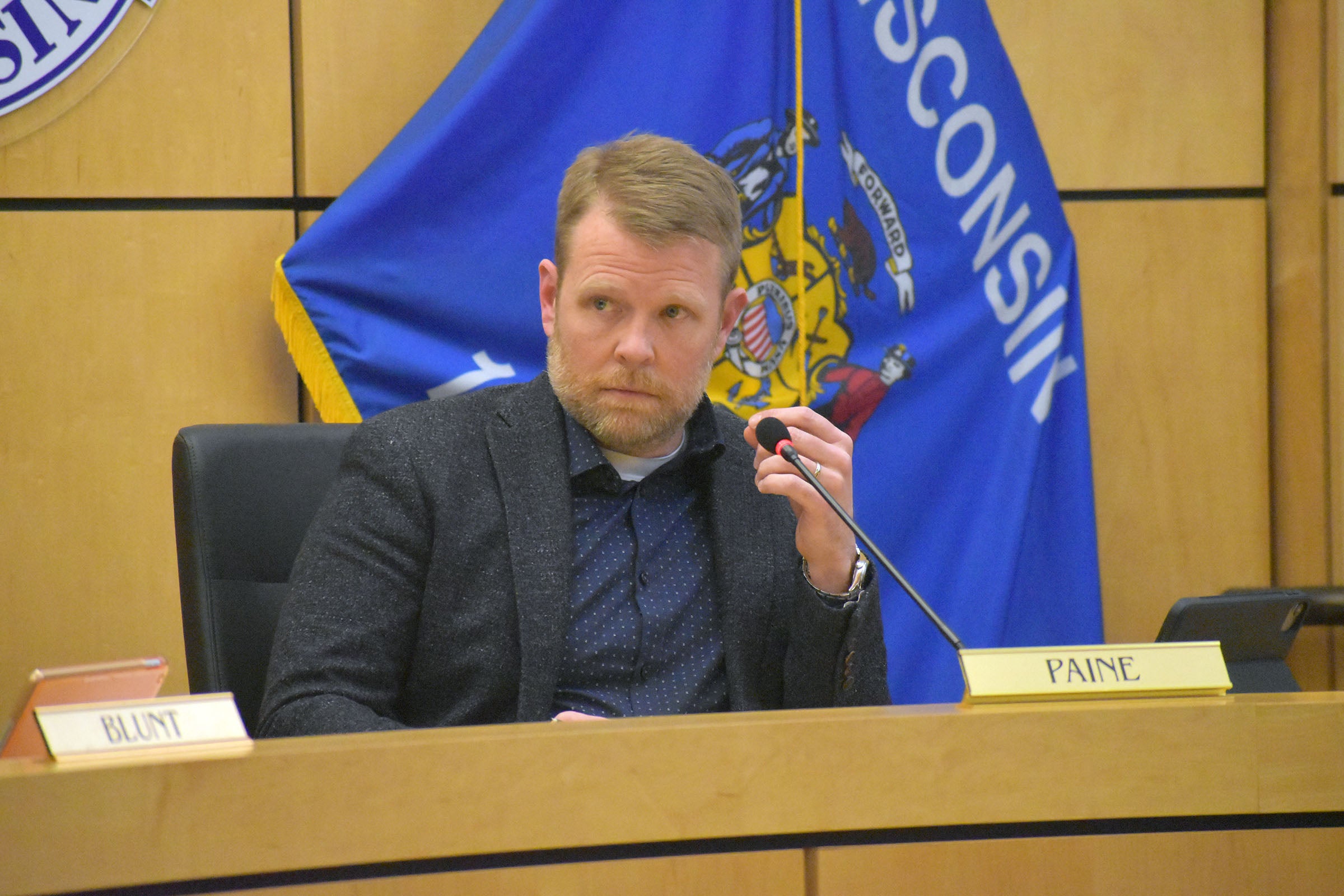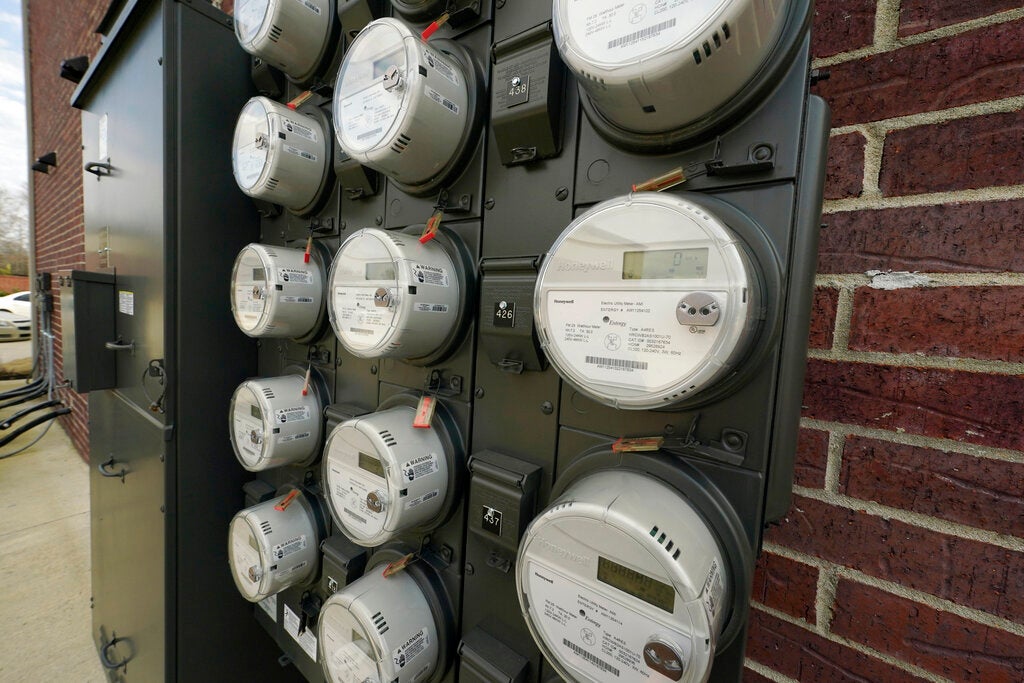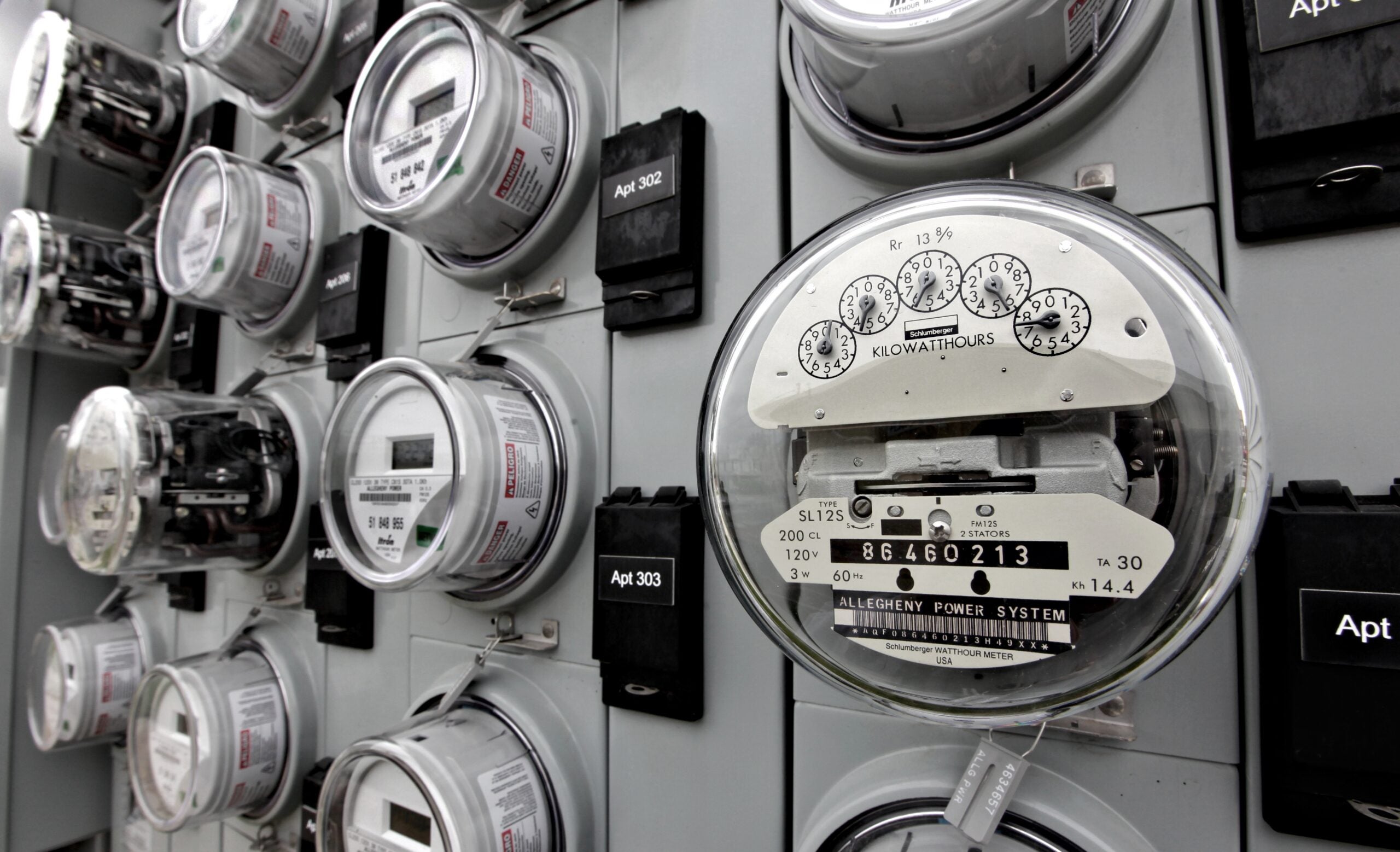The Wisconsin Public Service Commission voted 2 to 1 to ban all utility disconnections until next April. The decision means that utilities will not be able to shut off water, power or heat during the winter months.
Last month, regulators voted 2 to 1 to extend a temporary moratorium on utility shutoffs during the COVID-19 crisis for residential customers until Nov. 1. The decision essentially meant gas and electric utilities would be barred from disconnecting service through April 15, since the state’s winter moratorium takes effect Nov. 1. But, the winter moratorium does not apply to water utilities.
Water utilities were asked to submit any disconnection plans for review this month. All in all, 83 out of 578 water utilities submitted plans to shut off service for more than 9,500 customers.
Stay informed on the latest news
Sign up for WPR’s email newsletter.
PSC Chair Rebecca Cameron Valcq highlighted the growing number of COVID-19 cases in Wisconsin. She also noted that the 9,500 customers represented the number of meters that would be shut off, and that more people who resided in any of those households were also at risk of losing service.
“When we have public health experts telling us that one of the most effective ways to stop the spread of the virus is frequent hand washing, I don’t know how in good conscience and based on that public health guidance we can allow utility service to be disconnected,” said Valcq.
Ellen Nowak opposed the decision to prevent all water shutoffs during the winter months. She’s argued for more targeted solutions to provide assistance to customers in need, highlighting that utilities are required to work out a down payment plan with customers during the pandemic.
“I think that we could have been narrower, help those in need, prevent people from digging a bigger hole than they’re already in, and eventually driving up rates for everybody,” said Nowak.
Earlier this month, Gov. Tony Evers invested $15 million in CARES Act funding to the state’s Low Income Heating and Energy Assistance Program in order to help residents pay their heating bills. Valcq pointed out that similar assistance programs do not exist for water customers. Nowak has previously urged the commission to work with the Evers administration to provide assistance to water customers in need through CARES Act funding.
Utilities have argued an extension would make it more likely customers would fall further behind on their bills, which could result in utilities passing on those losses to all ratepayers.
Nearly one-third of residential customers among the state’s five largest utilities had past-due bills as of August, according to data provided to the commission. Those balances amounted to $235.7 million.
By comparison, about 12 percent of customers had past-due balances in April 2019, amounting to $184 million. Those figures were roughly the same in April 2018.
The extension of the moratorium on shutoffs has been met with frustration by some, including Jason Bessette, general manager of New London Utilities. The utility reported to the commission that 495 out of its roughly 3,000 customers would be eligible for disconnection.
He said they’re trying to work with customers on payment plans, but the decision means some customers will have $4,000 in outstanding bills by next April.
“It’s just very difficult that the PSC wouldn’t allow us to use our same tools,” said Bessette. “It just makes this problem compounding for the individual, and it’s making the utility look like more of a bad guy in my eyes.”
Cities like Madison and progressive groups have urged the commission to extend its moratorium on utility disconnections, arguing people can’t stay safe or thrive without service.
Under state law, water utilities can still collect past-due bills by putting those expenses onto the property tax roll. Bessette said that puts utilities in a tough spot with landlords whose tenants can’t or won’t pay.
As past-due balances grow, the commission is asking gas, electric and water utilities to submit comprehensive plans for dealing with delinquent bills by Jan. 15. Any utilities who may disconnect service once the winter moratorium ends would also have to submit those plans to regulators by Feb. 15.
Wisconsin Public Radio, © Copyright 2025, Board of Regents of the University of Wisconsin System and Wisconsin Educational Communications Board.





